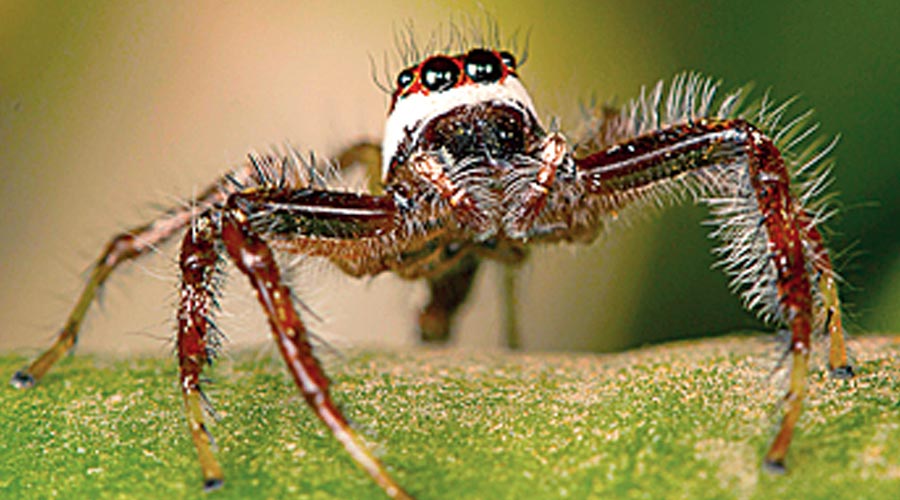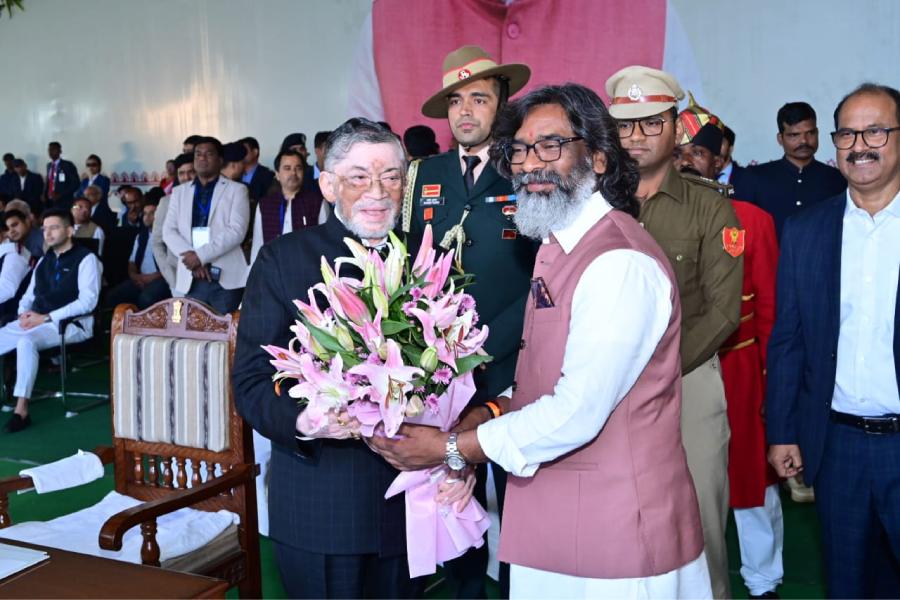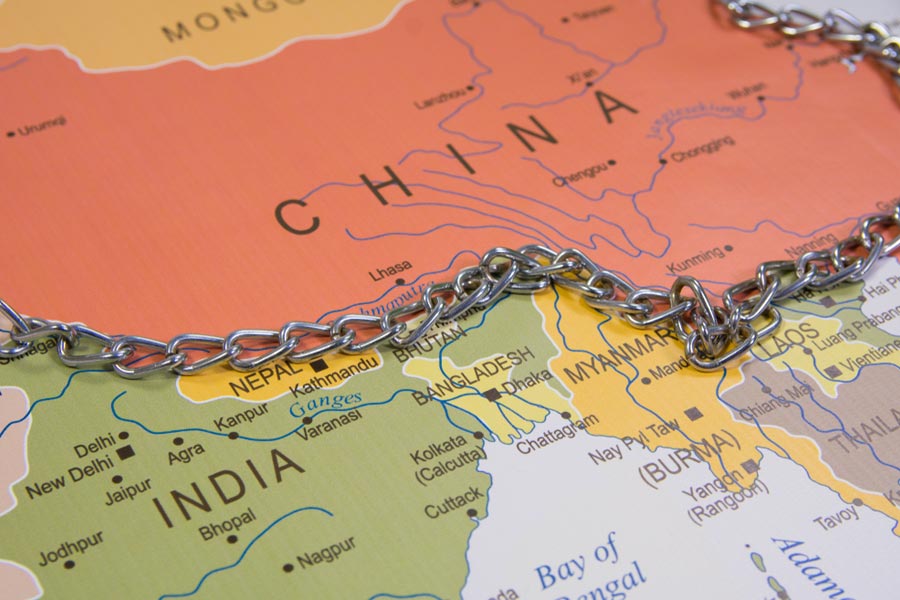Shared lives
Sir — The moment we sense the pitter-patter of their eight tiny feet across the living room floor they are likely to end up squashed, poisoned, vacuumed up or simply flushed away from our homes. But why do many of us kill spiders so casually? Humans routinely kill animals when it is convenient — be it for farming or laboratory experiments — but arachnicide is often described in oddly victorious terms. Perhaps next time we try to squash a spider we should consider that we share similar organs and body parts as well as brain chemicals like dopamine and adrenaline.
S. Banerjee,
Calcutta
Links uncoiled
Sir — A recent study has revealed that the species, Ophiophagus hannah, aka the king cobra, actually represents four different lineages spread over extensive tracts in parts of India, China and several Southeast Asian countries (“The king is not one but four species”, Oct 18). Long geographic separation causing lineage splitting is common in evolution. But it is intriguing that the species designated as CS1 — inhabiting the Western Ghats — is considered separate and not just a subspecies of CS2 from the Eastern Ghats. CS1 may thus represent a different mode of species formation through the splitting of a peripheral population. The study presents a fascinating view of evolution of land species in a close cluster.
Tapes Chandra Lahiri,
Calcutta
Wrong track
Sir — It was worrying to learn that a strict crackdown on cattle smuggling across the Indo-Bangladesh border has resulted in a spike in the smuggling of wildlife. The Border Security Force and forest department officials have also raised concerns that merit greater attention. Foreign species that are seized from smugglers — straw-necked Ibis from Australia was the latest rescue — are already struggling to survive in Indian conditions. What makes it worse is that the guards and forest officials are not trained to recognize the species or their needs. They depend on the internet to determine what to feed the rescued animals.
This kind of trial and error leads to fatalities. It is time countries raised a corps of personnel specifically trained in identifying species irrespective of their origin. There is more to stopping illegal trade in wildlife than just nabbing smugglers.
Debashis Chatterjee,
Calcutta
Strained ties
Sir — The deferment of a retrospective exhibition of the works of the Dhaka-based artist, Rokeya Sultana, by the Indian Council for Cultural Relations in Delhi is unfortunate. It will lead to unnecessary speculation about this being retaliation for what happened in Bangladesh during Durga Puja. It is in the interest of bilateral relations that the event be rescheduled immediately to quell the apprehensions in the minds of people in both countries.
K. Nehru Patnaik,
Visakhapatnam
Shift focus
Sir — The coal shortage in several parts of India is an opportunity to invest in renewable sources of energy. The coal crisis will affect economic activities and probably increase the cost of power production. The only long-term solution, thus, is reduced dependence on fossil fuels to generate power.
Somya Agrawal,
Ujjain
Easily done
Sir — Mamata Banerjee should be lauded for allotting land to the Aditya Birla Group within days of receiving its application for setting up a paint manufacturing unit in Kharagpur; this will create many employment opportunities in the state. This sends the message that Banerjee was serious when she invited corporate houses to invest in West Bengal, assuring them that land acquisition will not be a problem and efforts will be made to develop infrastructures conducive to the growth of industries.
Arun Gupta,
Calcutta











